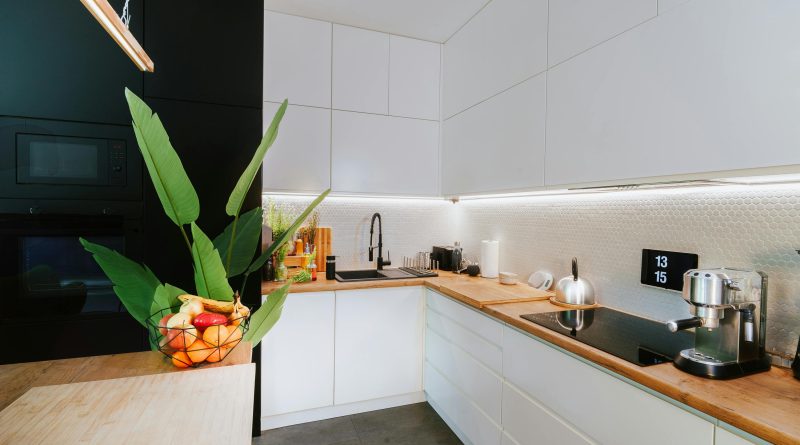Revolutionize Your Living with Smart Residential Systems
Imagine a home where everything from temperature, lighting, and security is controlled at the touch of a button or the sound of your voice. This isn’t the setting of a futuristic movie but the reality offered by smart residential systems today. Integrating technology into our homes not only enhances comfort and convenience but also improves energy efficiency and security, making smart homes a valuable investment for modern living.
- Introduction
- Benefits of Smart Residential Systems
- Key Components of Smart Residential Systems
- Integrating Smart Systems into Your Home
- Considerations Before Installing Smart Systems
- Conclusion
Introduction
The concept of smart homes has evolved significantly over the years. Today, smart residential systems are not just about controlling your home theater or thermostat; they encompass a broad spectrum of functionalities that cater to security, energy management, and even health monitoring. The seamless integration of these systems into residential spaces is reshaping how we interact with our living environments.
Benefits of Smart Residential Systems
Adopting smart residential systems comes with myriad benefits that extend beyond mere convenience. Firstly, they significantly enhance home security with features like real-time surveillance, automated locks, and alerts that can be managed remotely. Energy efficiency is another significant advantage; smart thermostats and lighting systems ensure that energy consumption is optimized, reducing costs and environmental impact. Additionally, these systems contribute to health by maintaining air quality and offering emergency notifications for medical responses.
Enhanced Security
With features such as automated alarms and surveillance cameras that you can monitor from anywhere in the world, smart residential systems provide peace of mind when it comes to security.
Energy Efficiency
Automate your heating, ventilation, and air conditioning systems to optimize energy use throughout the day, potentially saving on utility bills and reducing your carbon footprint.
Health Monitoring
Advanced systems now have the capability to monitor health vitals and alert medical personnel in case of an emergency, making them indispensable for elderly care.
Key Components of Smart Residential Systems
At the heart of any smart home are devices like smart thermostats, intelligent lighting systems, and automated security solutions. Smart speakers and voice assistants like Amazon Alexa or Google Assistant allow for effortless control of these devices through voice commands or mobile apps.
Integrating Smart Systems into Your Home

While installing smart residential systems, it is crucial to choose compatible devices that can communicate seamlessly. Opting for a central system that connects all devices is advisable, as it simplifies management and enhances user experience.
Considerations Before Installing Smart Systems

Prior to transitioning to a smart home, consider the compatibility of existing home systems with new technologies. Additionally, evaluate the security features of the devices, as they will be connected to your home network and susceptible to cyber threats.
Conclusion
Smart residential systems are transforming homes into more secure, efficient, and convenient spaces. Whether you’re looking to enhance security, reduce energy consumption, or simply make your daily routine more convenient, smart technology offers compelling benefits. Embrace the future of living by exploring how these systems can be integrated into your home today.

